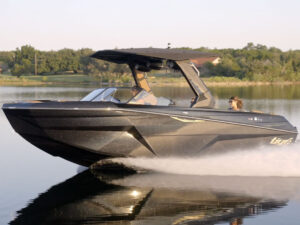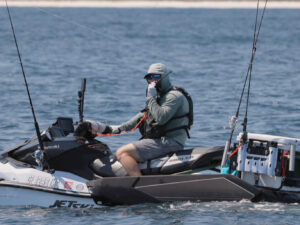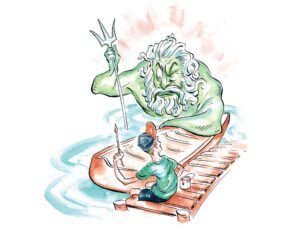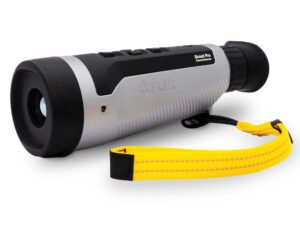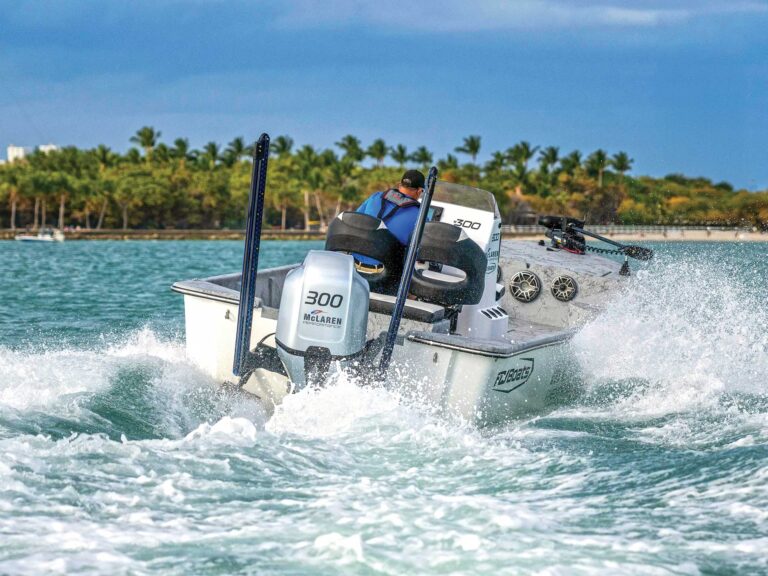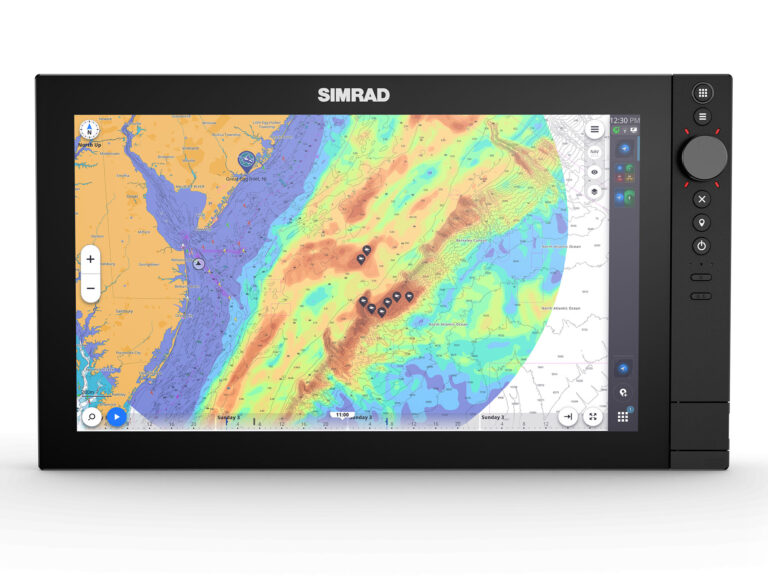
Spring comes with a variety of jobs for do-it-yourself boat owners. Some are expected, such as waxing the hull or painting the bottom. Others crop up as a surprise over the winter, no matter how well you put your baby to bed the previous winter. While you’ll certainly use more tools than the ones listed here in making your boat ready this spring, consider this list the “common core” of your commissioning kit.
Paint Roller
I like to roll on bottom paint. Select a low-nap (¼-inch) roller. A heavy-nap roller lays on too thick of a coat. Select a fabric roller because foam paint rollers often disintegrate when subjected to the solvents in antifouling paints. A good-quality roller frame will have a handle with internal threads, so you can attach a screw-on pole or mop handle, saving a lot of reaching.
Buffing Machine
Wax can be applied by hand. Experienced boaters prefer a buffing machine. For most boaters, one of the dual-action oscillating types is probably best. The pad of these—the part that applies and removes the wax—moves in an eccentric motion rather than simply rotating. This helps prevent marring the finish of your boat, which can happen with rotary polishers. Though, if you are experienced with disc sanders, a rotary polisher is handled similarly and will get the job done faster.
Screwdriver
Phillips head screws and bolts will be the most common type you will find aboard a modern fiberglass boat. About the only place I see slotted fasteners anymore are on hose clamps and on the gear-case drain plugs of some outboards. (And those are now few and far between.) Have a selection of sizes handy for everything from tightening hatch hinges to adding an electrical connection to a bus bar.
Filter Wrench
Outboard, inboard or sterndrive, you will need to change filters. These may be primary or secondary fuel filters, water separators or oil filters. I have a strap wrench set with rubber straps, in two different sizes, which handles most filters that I encounter. Some tough-to-access filters may better be served by a filter wrench designed specifically for that filter. These usually attach to a ratcheting-wrench handle.
Read Next: 38 Top Make-Ready Tips for the Spring Boating Season
Nut Driver
A nut driver is like a screwdriver but with a socket-wrench tip. They can be solid—that is, the socket is fixed to the shaft of the handle. Or they can be removable, snapping onto or sliding into a special handle. In any event, this is the tool you’ll want for working by feel, at the end of your reach in the depths of the bilge or engine room, for tightening a hose clamp.
Electrical Crimpers
Perhaps you decided to install a new stereo, light or fish finder. Or maybe you checked your bilge-pump switch prior to launch and found that it did not work. Whatever the reason, electrical repair or new installation is a common spring task for boaters. Make sure you have a terminal-connection crimper handy. I like a ratcheting crimper. Make sure it can crimp over a range of 10- to 22-gauge stranded wire. (Learn how to create proper terminal crimps in this article.)

